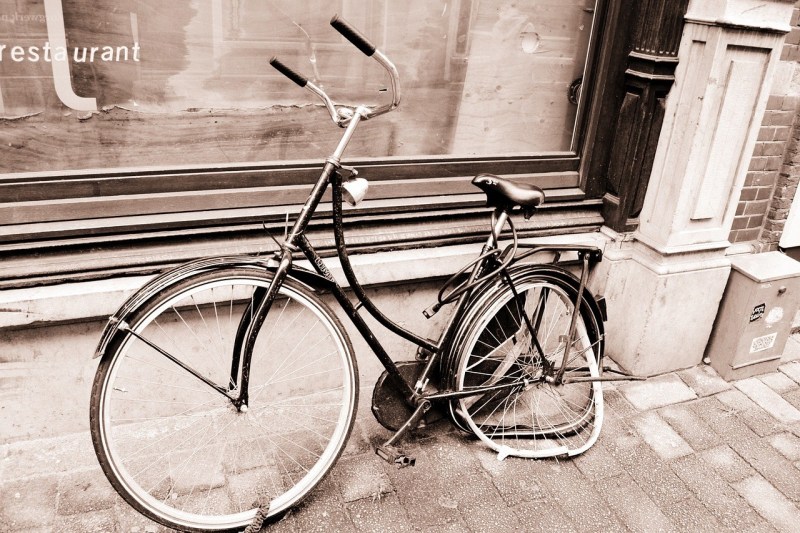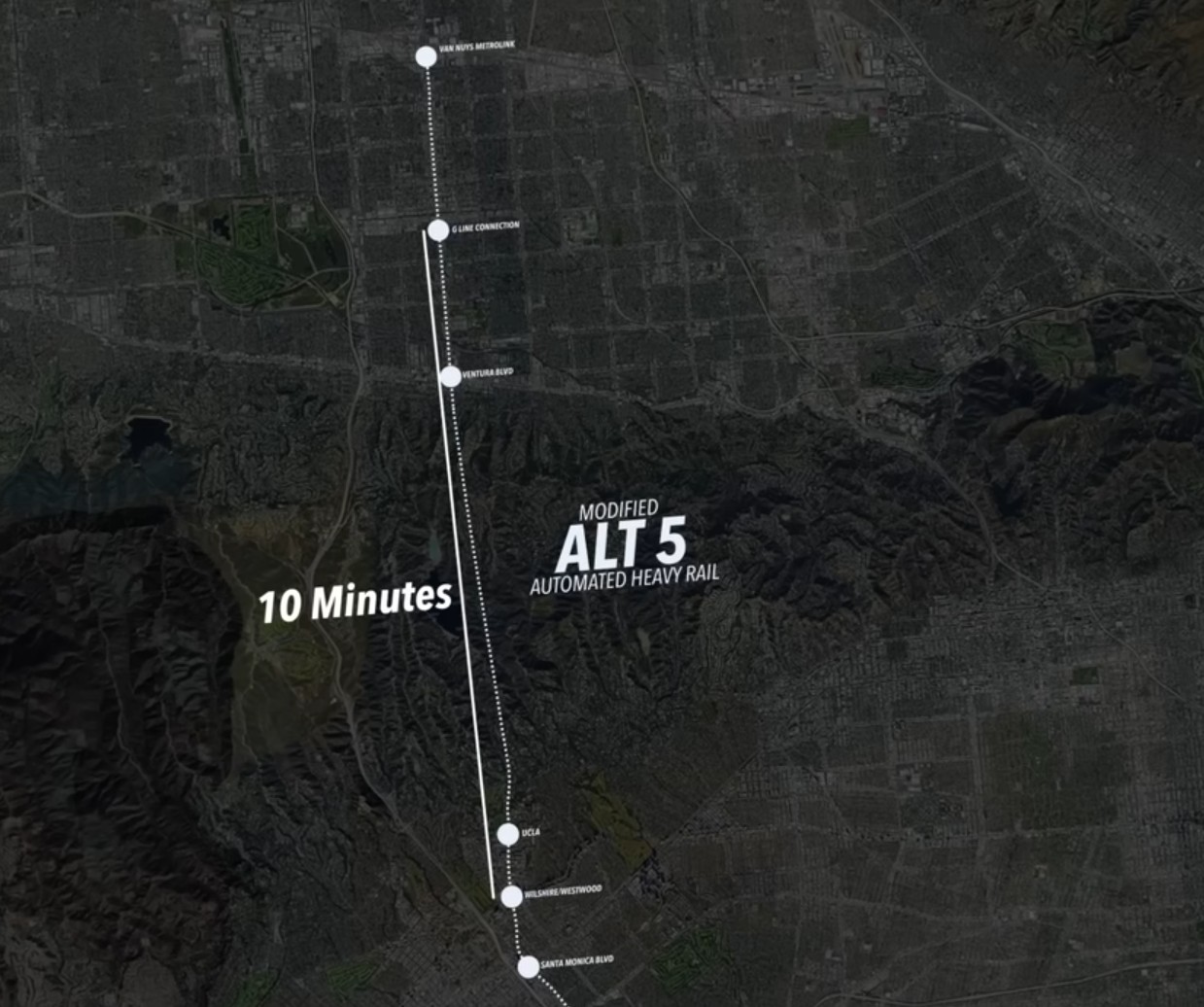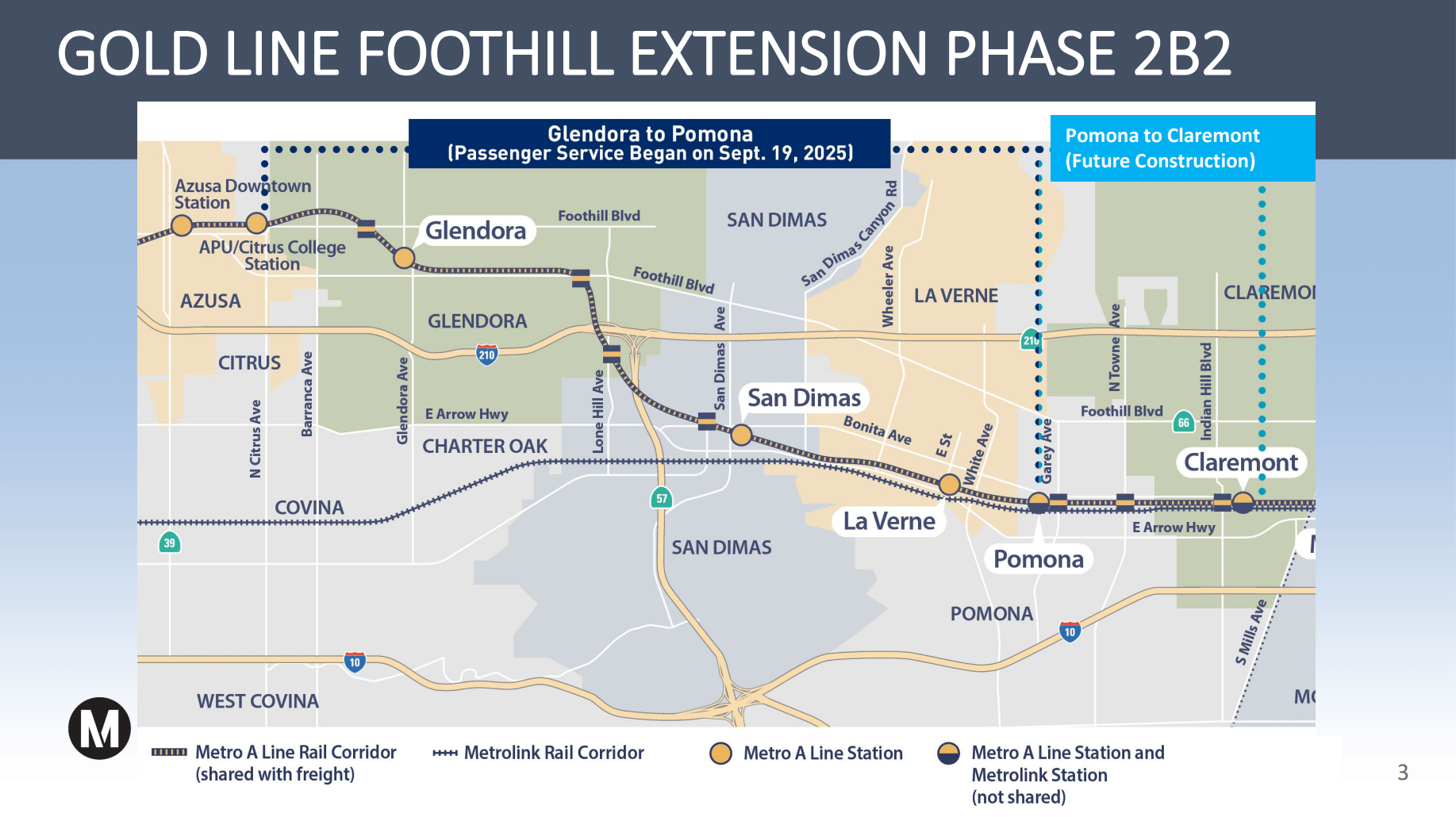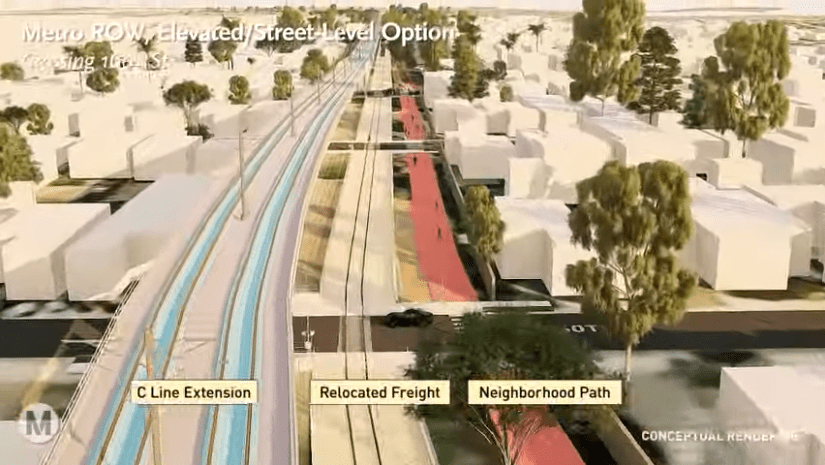Wall Street is signaling the end of the COVID-19 bike boom – and sending yet another signal that our very economy is structured to favor driving above all else.
Several of the world's largest bicycle manufacturers showed significant stock losses following an announcement Monday that pharmaceutical company Pfizer had discovered a promising vaccine for the coronavirus. Stock prices for Giant have now fallen 9 percent from the pre-announcement price, Cannondale parent company Dorel fell 7.6 percent, and components manufacturer Shimano fell 13.1 percent. Meanwhile, stock prices for automakers like General Motors and Ford rallied by similar margins, nearly completing their slow climb back to pre-COVID-19 prices — and e-taxi companies like Uber and Lyft continued their meteoric rise following the passage of prop 22, spiking 8.6 percent and 29.6 percent, respectively, in the 24 hours after Pfizer broke its news.
The bust is a troubling sign for an industry that is still struggling to fulfill customer orders amidst a surge of demand that shows no signs of slowing down soon. Since Pfizer and its competitors are unlikely to actually distribute their vaccines to a critical proportion of the U.S. population until at least April, transit-shy commuters are still actively searching for socially distant ways to meet their needs, and the bicycle industry is still working overtime to scale up supply chains and increase manufacturing potential. As recently as last week, industry leaders were anticipating shortages to continue well into 2021, and possibly 2022 — and a lack of capital to expand capacity could extend that timeline even longer.
Of course, the bicycle industry wouldn't be nearly so vulnerable to the short-term whims of Wall Street if the United States made robust public investments in sustainable travel — or at the very least, didn't hand such staggeringly large public subsidies to drivers. But under a profit-driven system like ours, the modes of travel that generate the greatest amount of wealth for a powerful few have a tendency to dominate our roads, skies and oceans — even in the midst of a historic surge in a decidedly un-profitable mode, like bicycling.
"Moving people or goods has always bene very basic business in capitalism," said Richard Wolff, a prominent economist and professor at the New School in New York City. "If you know anything about the history of the automobile industry — and before it, the railroads — you know that huge fortunes ride on the question of what mode of transportation will be available, and what are the comparative costs and benefits of choosing one mode of transportation or another. So when it comes to the various transportation interests out there, they will, of course, do whatever they have to do to tilt the playing field in their favor — and they do will everything within reach to tilt the playing field against their competitors."
In the early days of COVID-19, the playing field seemed finally to be tilting at least a few degrees in sustainable transportation's direction — albeit in small and often inadequate ways. Cities across the country began repurposing free on-street parking spots for restaurant cafes, outdoor retail, and even simple sidewalk extensions, removing at least a little of the public subsidy that essentially hands drivers $2,400 in free car storage every year. The CARES relief act largely ignored state highway agencies that didn't really need any more money to keep cars moving — and though transit agencies didn't get nearly as much as they actually needed, either, Congress at least seemed to recognize that our society would completely cease to function if grocery store employees and nurses didn't have an affordable way to get to work.
Those measures didn't address the countless, baked-in incentives that drivers enjoy on the public dime, from rock-bottom gas taxes that force states and cities to siphon off precious general funds for basic road maintenance to the stunning public costs of our pedestrian death crisis. (Not to mention the largely understudied costs of climate change...and suburban sprawl... and on and on). But COVID-19 was undoubtedly a highly unusual period in American transportation history — and for the countless Americans who discovered the freedoms of life on two wheels in a world with fewer cars, it was something of a revolution.
Wall Street's speculative assumption, of course, echoes what the most cynical among us have believed from the beginning: that as soon as a vaccine is deployed and the economy rebounds, Americans will climb back onto the bus if they must, and into cars if it's even remotely possible for them to shoulder the $8,469 every year it costs to maintain one (or at least find someone to loan them the cash.) In the imagination of market capitalism, all those unprofitable Slow Streets, and Open Streets, and Healthy Streets, and every single sidewalk extension will disappear from the roads; the bikes we all foolishly bought will clog Craigslist once again, or go right back to rusting under our porches.
But in the actual world, Americans are biking more than they have in decades, bike shops are struggling to keep cruisers on the floor, and the author of this article has waited two months and counting to buy an oddly-sized tube. Wall Street won't make much of a profit off of any of those sales — at least when compared to the fat margins automakers make off of the megacars that are rapidly killing our planet and our pedestrians. But our cities — and our lives — will get a little richer. And if we're smart, we'll recognize where the real value lies, and finally change the way we invest our public dollars.







